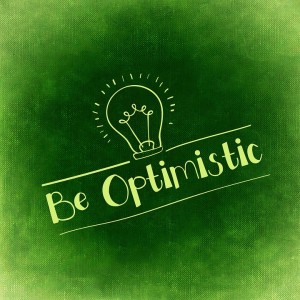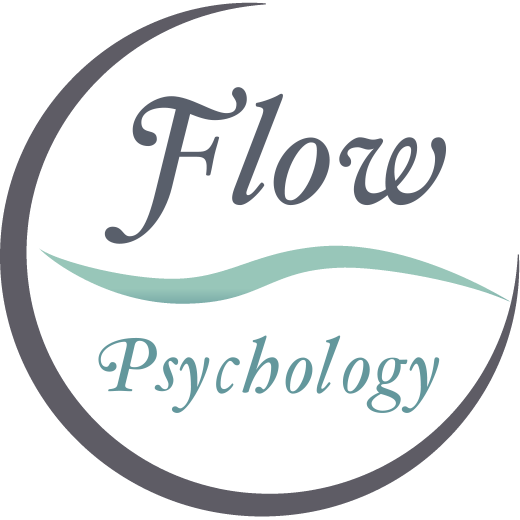START FOCUSING ON WHAT’S RIGHT WITH YOU WITH POSITIVE CBT.
“If you can’t change it, change the way you think about it”
Our attention can only go so far so why do we mainly focus on our problems when all the evidence says when we focus on our strengths we do so much better.
I’m a big believer in a simple concept that we can change our life: Who you have been is not who you have to be. If you want to do better in life stop focusing on your outcomes and start focusing on yourself!
“Sometimes it is the people no one imagines anything of who do the things that no one can imagine.”
We always have a choice on what we focus on.
As modern human beings, we get to decide who we want to be, every single day. And who we are is a function of what we do, so whether we are consciously trying or not, we are always crafting our future selves. So why not learn to craft your best possible future self?
Being a negative person does not mean you are a negative person it just means you’re thinking styles are negative, over time this can lead to a belief you are a negative person and what do beliefs usually lead to yes a CERTAINTY you are a negative person.
We crave explanations for almost everything, so we put a tag or a story on ourselves and others, but innovation and progress happen when we allow ourselves to embrace uncertainty, to embrace change. Using the tools and strategies of the relatively new science of positive psychology and neuroscience, you can change your story and turn up in the world as the person you truly want to be.
Although happiness is a timeless and universal human quest, only in recent years has research turned its focus on how happiness can be sustained and increased. Science has now confirmed that with certain practices we can change the neural pathways of our brain. Happiness is a set of skills we can all learn through practice.
Put simply: Are you in the process, every day, of becoming the person you want to be?
Positive CBT is a strengths-based approach with positive psychology roots. The focus is not on what’s wrong with the person, but on what is right with them. Positive CBT focuses on building a person’s strengths and uses strategies that clients can use to help cope with their problems. Strategies include building resilience, grit, hope, and optimism.
STRENGTHS
Knowing your character strengths isn’t just interesting information. When skillfully applied, character strengths can actually have a significant positive impact on your life. Research shows that using your character strengths can help you.
- Buffer against, manage and overcome problems

- Improve your relationships
- Enhance health and overall well-being
Everyone has strengths within him- or herself, whether they realise their strengths or not. These strengths usually come naturally and are often not noticed as a core strengths. Positive psychology practitioners are there to help you become aware of your strengths, to focus on them and utilise them to their full potential.
RESILIENCE
The ability to recover quickly from illness, change, or misfortune; to struggle well.

The subject of resilience in positive psychology deals with the ability to cope with whatever life throws at you. Some people can be knocked down by life and return as a stronger person than ever before. These people are called resilient.
A resilient person works through challenges by using personal resources, strengths and other positive capacities of positive psychology interventions such as hope, optimism, and self-efficacy( your belief in your own ability to achieve your goals. ).
Overcoming a crisis with resiliency is often described as “bouncing back” to a normal state of functioning. Being resilient is also positively associated with happiness.
GRIT
Grit is the passion and perseverance for long-term goals. It’s living life like it’s a marathon, rather than a sprint.” Angela Duckworth
Grit is passion and perseverance for long-term goals. One way to think about grit is to consider what grit isn’t. Grit isn’t talent. Grit isn’t luck. Grit isn’t how intensely, for the moment, you want something.
Instead, grit is about having what some researchers call an” ultimate concern”–a goal you care about so much that it organizes and gives meaning to almost everything you do. And grit is holding steadfast to that goal. Even when you fall down. Even when you make a mess of things and even when progress toward that goal is halting or slow.
Talent and luck matter to success. But talent and luck are no guarantee of grit. And in the very long run, grit may matter as least as much, if not more. People with grit turn up for the marathon, not the sprint.
HOPE
Hope is created moment by moment through our deliberate choices,
“It happens when we use our thoughts and feelings to temper our aversion to loss and actively pursue what is possible.” Shane Lopez. (researcher & scientist on hope), yes a science on hope.

You see Shane taught us that hope is contagious. He suggested that we are each the best chance of spreading hope in the world by:
Modelling hope and treating others with the kind of love compassion and kindness you want for yourself.
Caring enough to support others who are in need of help.
Becoming a Super-Empowered, Hopeful Individual who believes the future can be better than today, and you can make it happen, despite the obstacles in your way.
After all, as Shane observed, “How we think about the future – how we hope – determines how well we live our lives.”
“When we choose hope, we define what matters most to us,
OPTIMISM
Optimism is the exact opposite of pessimism (imagine that). Optimists approach problems from a position of empowerment. They see overcoming adversity as a challenge, one that they will gladly attempt to triumph over.
When optimistic people are confronted by failure, they view it as temporary and attribute the failure to the situation or as a matter of circumstance. 
Pessimistic people “tend to believe bad events will last a long time, will undermine everything they do and are their own fault.” Martin Seligman
For many years it was thought that a person’s perception of events as optimistic or pessimistic was hardwired, meaning people had to deal with what they had because & there was no way to change it. However, contemporary science and neuroplasticity say otherwise.
Put simply
Do not underestimate your brain’s ability to change and to learn to react differently. Cultivating positive brains makes us more motivated, efficient, resilient, creative and productive.
Thank you
Find out more about positive psychology therapy with Gary Ross at flowpsychology.ie



